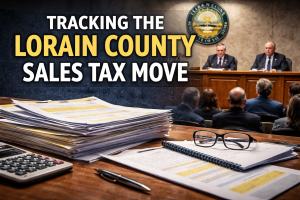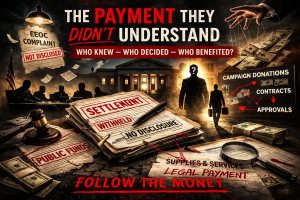Episode 7: OPS, the Union, and the Cover-Up – How Sgt. Gelenius Went from Whistleblower to Watchdog
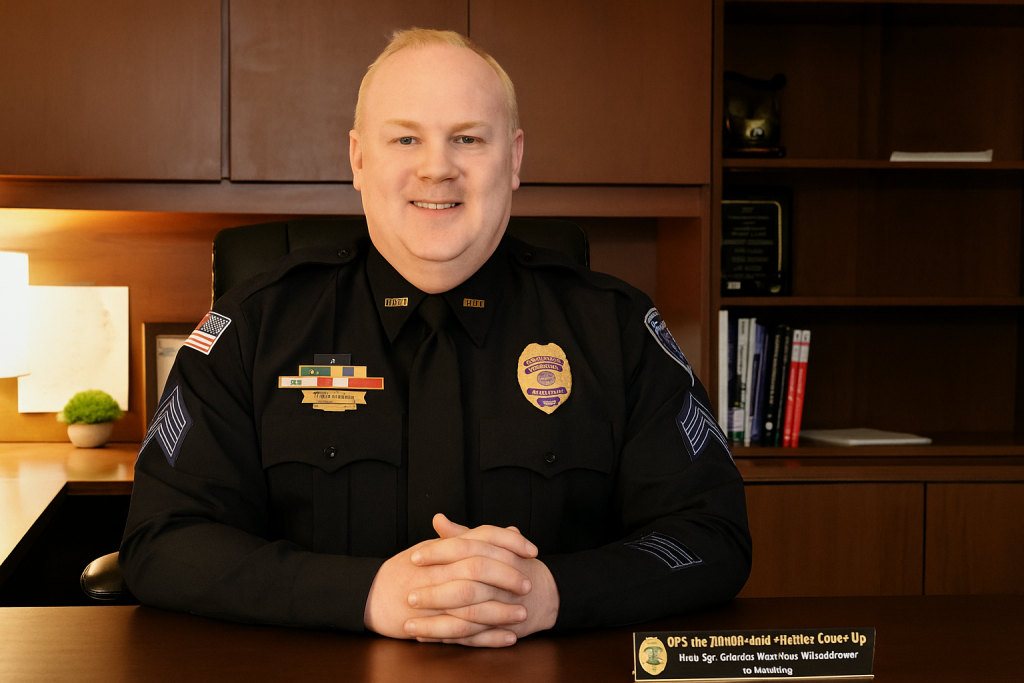
By Aaron C. Knapp Lorain Politics Unplugged – Investigative Series
Apr 20, 2025
Introduction: The Watchdog with a Muzzle
In this explosive continuation of our Lorain Police Department exposé, we shine a spotlight on the department’s internal watchdog—the Office of Professional Standards (OPS)—and the man at its helm, Sgt. Kyle Gelenius. Once a union advocate and whistleblower targeted with homophobic slurs, Gelenius now serves as the face of internal accountability for the same department that once mocked him. The contradiction is not just ironic—it’s systemic.
Episode 7 is not about one man, but about a structure designed to maintain power, stifle dissent, and feign accountability. Sgt. Gelenius’s assignment to lead OPS after being mocked as “Gay-lenius” and “Fairy Socks” by Chief McCann raises questions that demand answers. Was this a promotion—or a silencing maneuver?
We now have a clearer picture of a system that rewards silence and punishes resistance. The public was told Sgt. Gelenius’s reassignment was procedural. But internal documents, union votes, and corroborated complaints suggest otherwise. And in a department where leadership jokes about sexual orientation and displays racist placards without consequence, OPS has become less about standards—and more about suppression.
Thanks for reading Aaron’s Substack! Subscribe for free to receive new posts and support my work.

From Harassment to Head of OPS: The Sgt. Gelenius Dilemma
Before becoming the head of the Office of Professional Standards, Sgt. Kyle Gelenius filed multiple complaints against Chief James McCann.
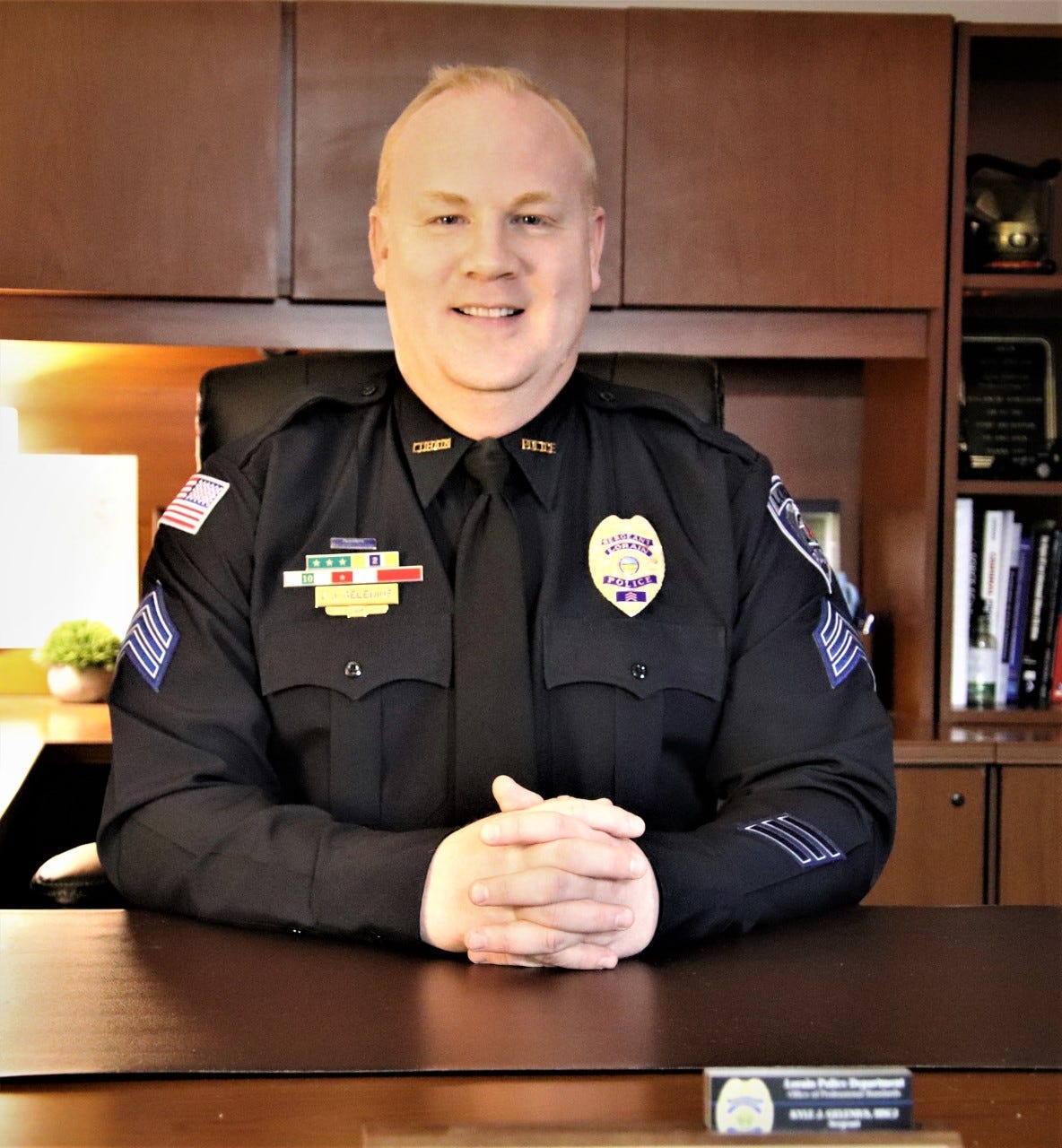
The allegations were clear: McCann mocked him with the slur “Gay-lenius” and ridiculed him over “fairy socks.” These comments, made by a sitting police chief, were substantiated in part by an external investigation conducted by Clemans-Nelson.
Though the firm cleared McCann of most complaints,
they found it “more likely than not” that McCann used the nickname “Gay-lenius.” This was no idle accusation. It confirmed that the department’s top officer engaged in derogatory, homophobic banter toward one of his subordinates—and got away with it.
The only disciplinary consequence? A verbal warning and a requirement to attend management training.
The city’s response was grossly insufficient. According to official records, McCann was directed to complete management training within six months.
McCann himself told the press, “I’ve already attended two trainings. I’m signed up for a third.” Yet internal culture never changed. Weeks later, complaints continued to emerge—some involving new slurs, others about misuse of authority. The “training” had no observable effect.
McCann attempted to deflect criticism, stating: “I have always had a good relationship with my officers. Any misunderstanding is unfortunate.”
Yet according to Sgt. Gelenius’s legal counsel, “This wasn’t a misunderstanding. This was workplace harassment from the top down.”
Despite this history, Gelenius was moved from his role as union president to lead OPS—the very department responsible for investigating misconduct. Former Captain Roger Watkins later alleged that McCann explicitly orchestrated this move to eliminate a union adversary.
McCann’s words, according to Watkins: “He can’t be the union president and do that job… that’s what the union gets for ‘f****** with me.’”
The implications are chilling. OPS—tasked with safeguarding fairness—became an instrument of control. It was no longer just about investigating wrongdoers. It became about deciding who could speak and who could be silenced.
Conflict of Interest, Consolidation of Power
The notion that a union president could simultaneously lead internal investigations is inherently problematic. The Fraternal Order of Police (FOP) is supposed to protect officers from unfair discipline. OPS is supposed to impartially investigate complaints. When the same man holds both roles, fairness collapses.
This conflict of interest was exacerbated by timing. Reports show that while serving as union president, Sgt. Gelenius was placed in charge of OPS during a particularly volatile period—just as complaints were surfacing against Chief McCann.
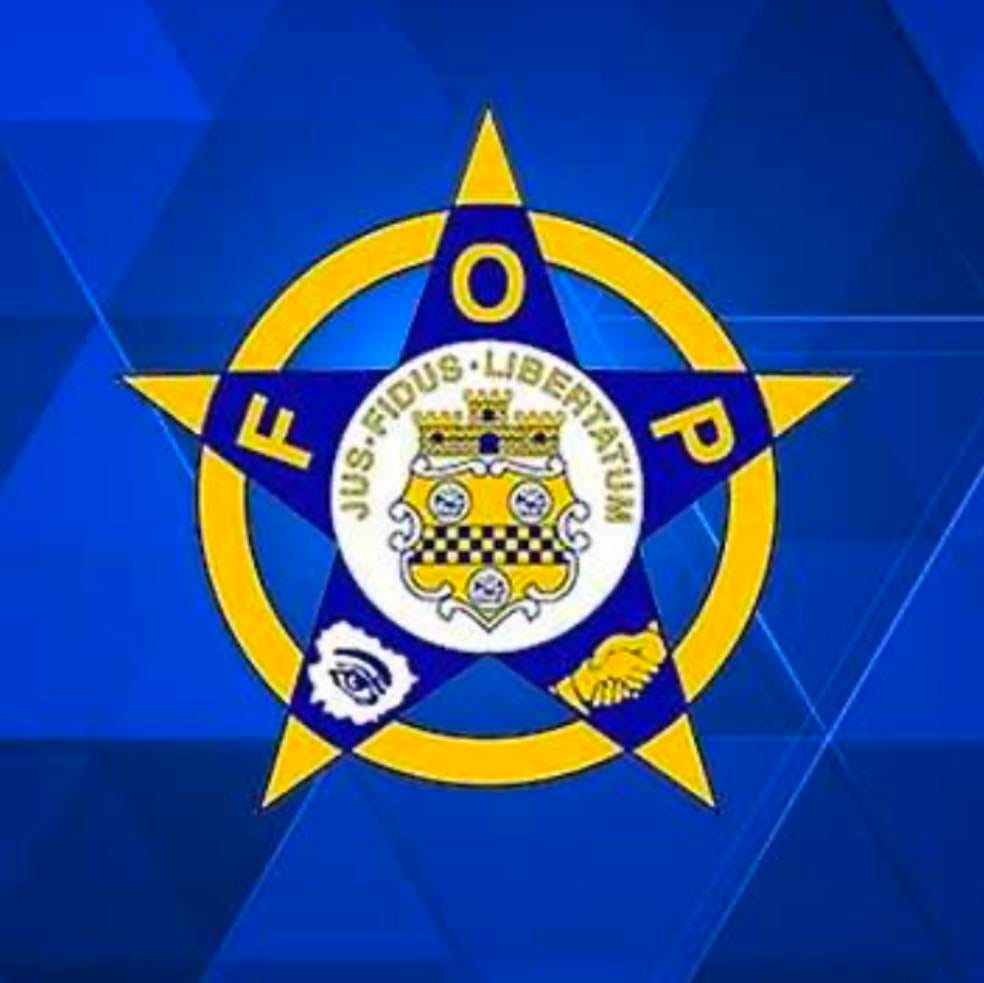
According to multiple sources, the appointment wasn’t even permanent. OPS investigators noted that Gelenius’s role was temporary, filling a vacancy due to a lack of available sergeants. But why him? Why now? Why during the heat of a civil rights scandal?
As the FOP president, Gelenius had previously clashed with McCann over union grievances. He accused the chief of retaliating against officers by cutting off-duty work, a significant financial blow.
He helped organize a “no confidence” vote against McCann that passed with a strong majority.
Then, in the middle of it all, he was reassigned. What followed was predictable: control of the investigation shifted. Criticism was muted. The union lost its most vocal advocate. And the person who once exposed misconduct was now tasked with investigating it.
This isn’t just irony—it’s institutional rot.
The OPS Report on Middlebrooks: Weaponizing Procedure
Under Gelenius’s watch, OPS authored a 400-page report on Lt. Corey Middlebrooks—a Black officer who had filed a formal EEOC complaint against the department. Rather than reading like an impartial fact-finding mission, the report came across as a prosecutorial attack.
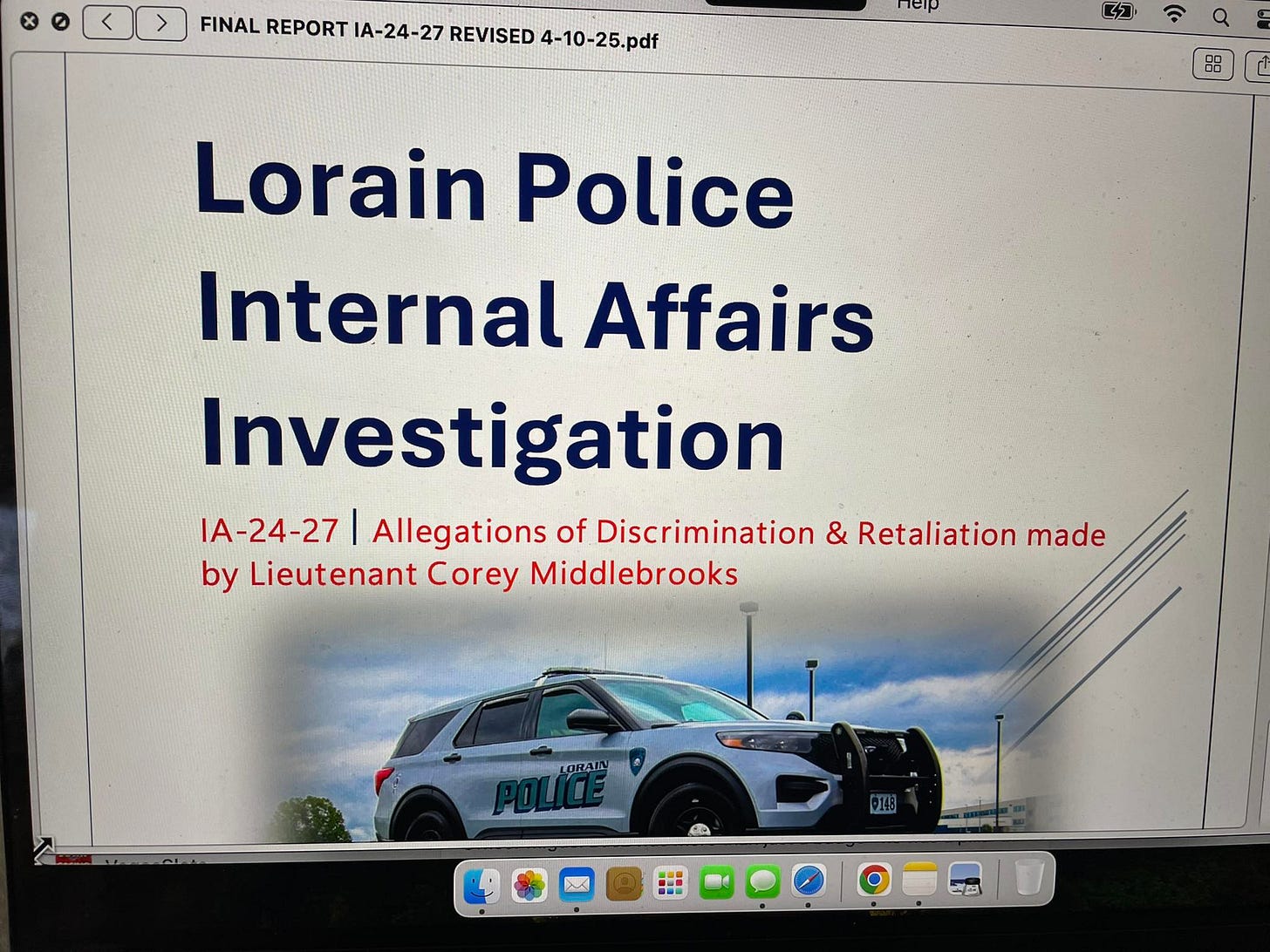
It focused on inconsistencies in memory, paperwork, and language, rather than the larger context of racial discrimination, retaliation, and systemic bias. Middlebrooks’s concerns about racist slurs, KKK placards, and discriminatory discipline were not treated as the core issue. Instead, the report dissected his credibility.
Gelenius and investigators repeatedly accused Middlebrooks of “lack of candor.” They pressed him for forgetting details from 20 years ago. They called him evasive for not filing certain complaints at the time. Yet nowhere in the report is there meaningful accountability for the culture he described.
This lopsidedness mirrors an older DOJ report that flagged intimidation in Lorain’s complaint process. Back in 2010, the DOJ noted that citizens seeking to file complaints were often required to speak to a supervisor first—a practice ripe for coercion.
Now, OPS appears to be doing the same internally. Investigations are used not to reveal truth—but to reinforce hierarchy. The same tactics once used to silence citizens are now being used to bury officers.
Middlebrooks summed up his experience during the interview: “I feel like I’m the one on trial, not the culture. They want me to carry every document from the last 20 years, while ignoring the racism on the wall.”
Homophobia, Harassment, and Klan Symbols
The true horror of this story lies in its intersections: where racist tropes meet homophobic ridicule, where crude jokes conceal systemic discrimination, and where those symbols—like the KKK placards—reappear, unchallenged.
McCann’s homophobic remarks weren’t isolated incidents. They followed a pattern stretching back over a decade. His use of slurs, his excuses about “growing up in a different time,” and the city’s half-hearted reprimands reflect an institution that’s unwilling to confront its own rot.
Meanwhile, Lt. Middlebrooks testified about seeing KKK placards in a captain’s office. This wasn’t hearsay. This wasn’t from years ago. This was in a city building. And no investigation was ever launched.
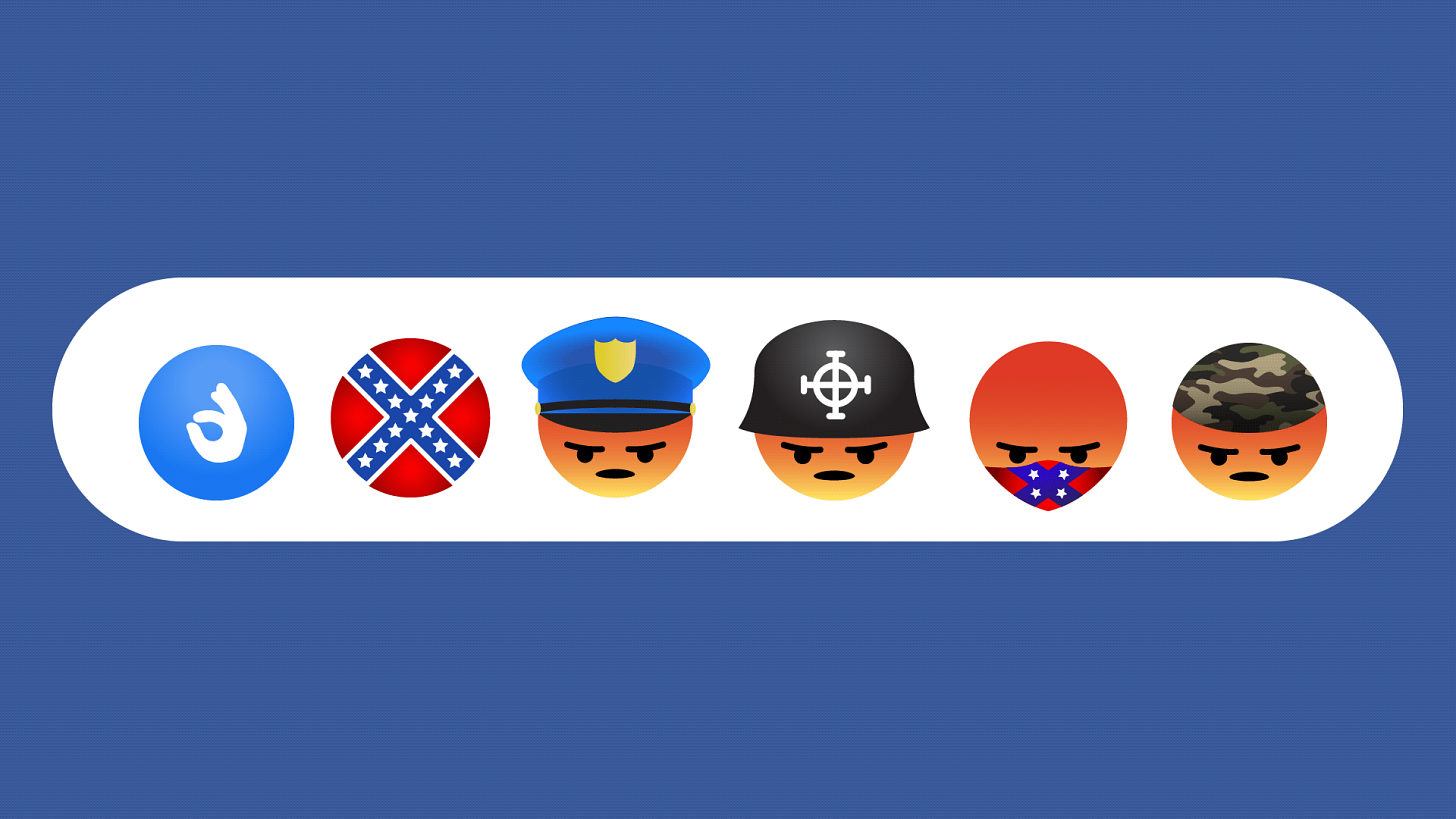
Middlebrooks also detailed how he was told to “smile so I can see you” and heard McCann joke “White’s Only” in front of colleagues.
Each of these moments, taken alone, might seem like poor judgment. Together, they reveal a culture of normalized hate. That culture survives because no one challenges it. Or worse—because OPS exists to make sure no one can.
“No one told me those placards would be there,” Middlebrooks told investigators. “No context. Just there. Like they belonged.”
When symbols of white supremacy are treated as decorations… when homophobia is a joke… when oversight is a facade… the result is not just corruption. It’s complicity.
Conclusion: This Is Not the West Coast
When I moved to Lorain from the West Coast, I believed that racism—at least the overt kind—was something our country had mostly left behind. I believed the stories about police reform and progress.
I believed, naively, that the Klan was part of our history books, not part of our government offices.
But Lorain has taught me something different. Here, you can hang a KKK placard and call it memorabilia. You can mock a man’s sexuality and call it leadership. You can retaliate against whistleblowers and call it oversight.
This isn’t about one chief. It’s about a system that protects its own. It’s about a city that rewards silence and punishes courage. It’s about a watchdog with a muzzle and a badge.
As long as OPS remains a tool of those in power, and as long as training is treated like a PR stunt, nothing will change. The culture of bigotry will persist, not because of a lack of evidence—but because of a lack of will.
The truth matters. The record matters. And we’re not done telling it.
Next: Episode 8 – FOP: Fraternal or Fractured?



